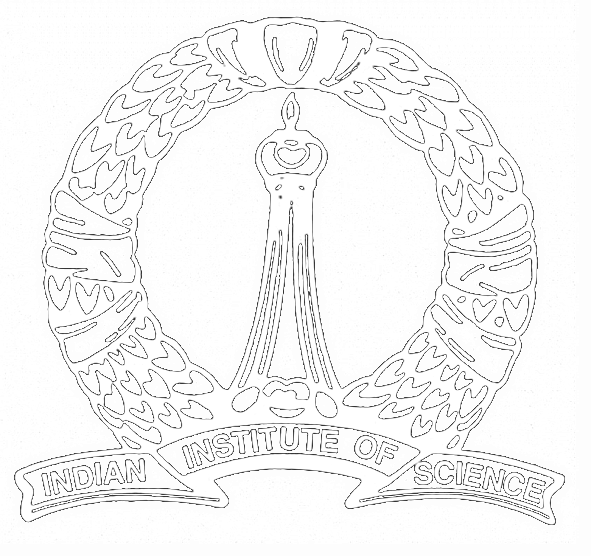MA 363: Probability in higher dimensions
Credits: 3:0
Prerequisites :
- This is a graduate level topics course in probability theory.
- Graduate level measure theoretic probability will be useful, but not a requirement.
- Students are expected to be familiar with basic probability theory and linear algebra.
- The course will be accessible to advanced undergraduates who have had sufficient exposure to probability and linear algebra.
This course will be aimed at understanding the behavior of random geometric objects in high dimensional spaces such as random vectors, random graphs, random matrices, and random subspaces, as well. Topics will include the concentration of measure phenomenon, non-asymptotic random matrix theory, chaining and Gaussian processes, empirical processes, and some related topics from geometric functional analysis and convex geometry. Towards the latter half of the course, a few applications of the topics covered in the first half will be considered such as community detection, covariance estimation, randomized dimension reduction, and sparse recovery problems.
Suggested books and references:
- Roman Vershynin, High-dimensional probability: An introduction with Applications in Data Science, Cambridge Series in Statistical and Probabilistic Mathematics (Series Number 47), 2018.
- Roman Vershynin, Introduction to the non-asymptotic analysis of random matrices, Compressed sensing, 210-268, Cambridge University Press, 2012.
- Stéphane Boucheron, Gábor Lugosi, and Pascal Massart, Concentration Inequalities: A nonasymptotic theory of independence, Oxford University Press, 2013.
- Michel Ledoux and Michel Talagrand, Probability in Banach spaces, Springer Science & Business Media, 2013.
- Avrim Blum, John Hopcroft, and Ravindran Kannan, Foundations of Data Science, Cambridge University Press, 2020.
- Joel Tropp, An Introduction to Matrix Concentration Inequalities, Foundations and Trends in Machine Learning, Vol. 8, No. 1-2, pp 1-230, 2015..
